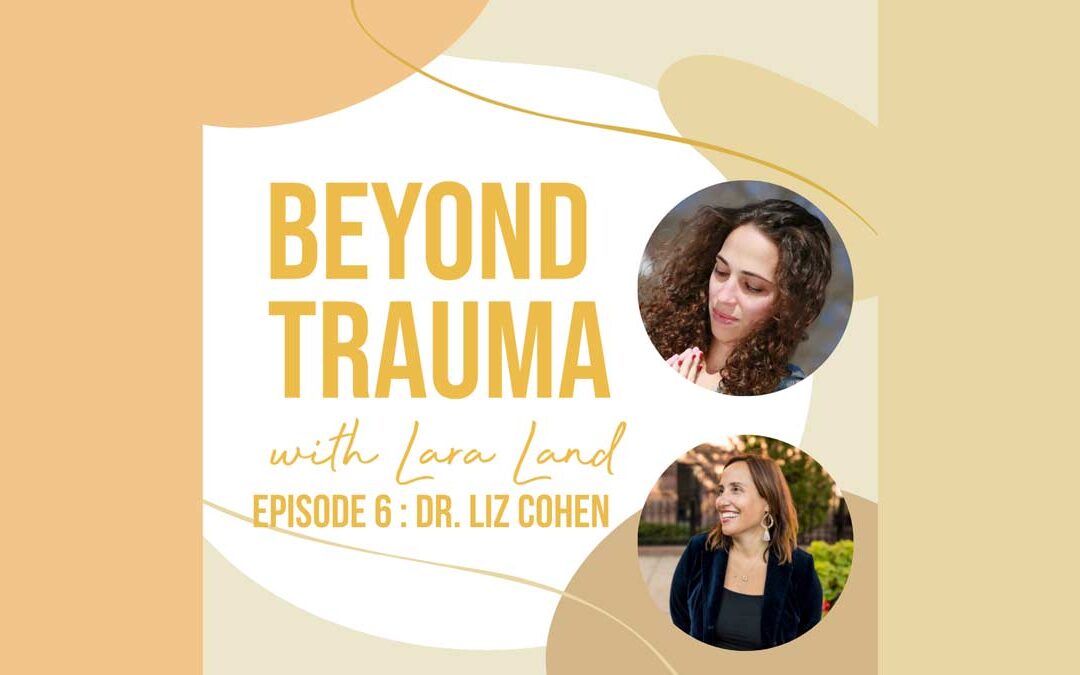When we think of trauma our minds usually go to a single traumatic event like a crash or natural disaster, but traumatic stress actually goes way beyond this limited definition. There are medical traumas, trauma produced when we witness a violence and can’t act, and there is the trauma of lack when needs are not met, especially in childhood.
In some ways, we are more likely to get the care we require after a single traumatic event than when an ongoing disempowerment is taking place. Ongoing traumas are often hidden or when they are exposed, minimalized in deeply unhelpful ways.
A traumatic response in our systems may occur anytime we are unable to act, get away, or metabolize the traumatic event and instead must hold in the tension of the flight or fight we desire to enact so deeply as our evolutionary response. This happens regularly to folks who experience racial trauma and it stresses the body to levels which often produce negative health outcomes.
Many of us will have experienced traumatic stress from covid and our inability to flee or be together in ways that we are so drawn to when fighting a common enemy. Even if we weren’t in the worst of situations when covid hit, it’s important not to minimize the impact that delayed response has had on our bodies.
Making sure to check in with yourself and if possible with your patterns to get to know what might be lurking below the surface “I’m fine” is essential for making sure your trauma isn’t passed on to others. In some ways our self work is our basic responsibility and it’s the work my next Beyond Trauma podcast guest, Dr. Liz Cohen is so familiar with and good at.
She explains so clearly why what we may be calling little t trauma is actually where some of our biggest challenges lurk and why we shouldn’t shrug off what we’ve all just been through with covid even if we feel as if it is over.
Take a listen on itunes or spotify and as always, please subscribe, rate, and review and comment here with your thoughts!


Recent Comments